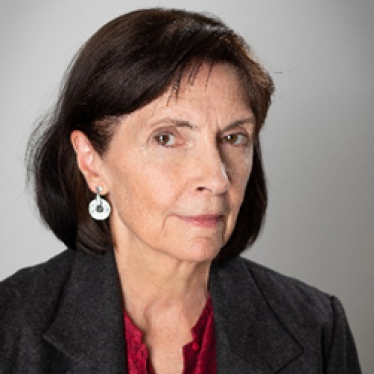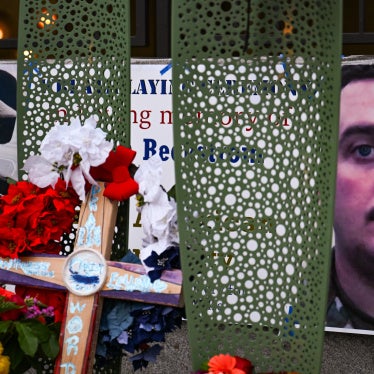It seems Afghanistan President Ashraf Ghani’s pledges to defend media freedom were little more than empty rhetoric. Six months after he took office, the country’s media face new obstacles to obtaining government information, tightening restrictions on reporting from combat zones, and continuing threats and assaults from officials who are almost never punished for these attacks.
On March 1, both the Ministry of Interior and the Independent Directorate of Local Governance barred all provincial officials other than police chiefs from speaking to the media despite the Access to Information Law that President Ghani signed in December 2014. That law grants Afghan citizens the right to information from government institutions.
Afghan civil society organizations have been pushing for full implementation of the law, but according to the Afghan Journalists Safety Committee, journalists generally find “minimal application” of its provisions that require officials to provide information to the public. Journalists in Herat, Daikundi, and other provinces have complained that provincial officials refuse to provide information on security, government budgets, and women’s access to justice.
These restrictions impede journalists’ ability to report on critical issues, including Afghanistan’s security situation and accountability for the security forces. In Sangin district of Helmand province, where battles between the Taliban insurgency and the Afghan armed forces intensified in March 2015, security officials completely blocked the media from entering the district during the height of the fighting. Civil society groups and district representatives have described high civilian and military casualties, possible reprisals against civilians, and the destruction of homes, but numbers and conditions are unknown because of the restrictions on the media.
In addition, journalists in Afghanistan who publish articles critical of the authorities and government practices continue to face violence from police and other officials, particularly in areas outside Kabul. On March 29, Ahmad Wali Sarhadi, a freelance journalist and head of the Zabul Independent Media Center, was reportedly assaulted by 12 provincial police officers in Qalat city, Zabul province. A media advocacy organization told Human Rights Watch that Sarhadi was beaten because he had reported on a case of police torture. Sarhadi has stated that because the Zabul police chief threatened to kill him and his family, he has left Zabul and is living outside the province. The incident is under investigation, and one policeman has reportedly been detained in connection with the case.
“We will support you and stand by you,” Chief Executive Abdullah Abdullah told a convention of Afghan journalists on April 25. Both he and Ghani previously committed to upholding freedom of expression and protecting journalists against abuse. Sadly, the evidence so far shows that little has changed for Afghanistan’s embattled media. The National Unity Government should start living up to its promises.









